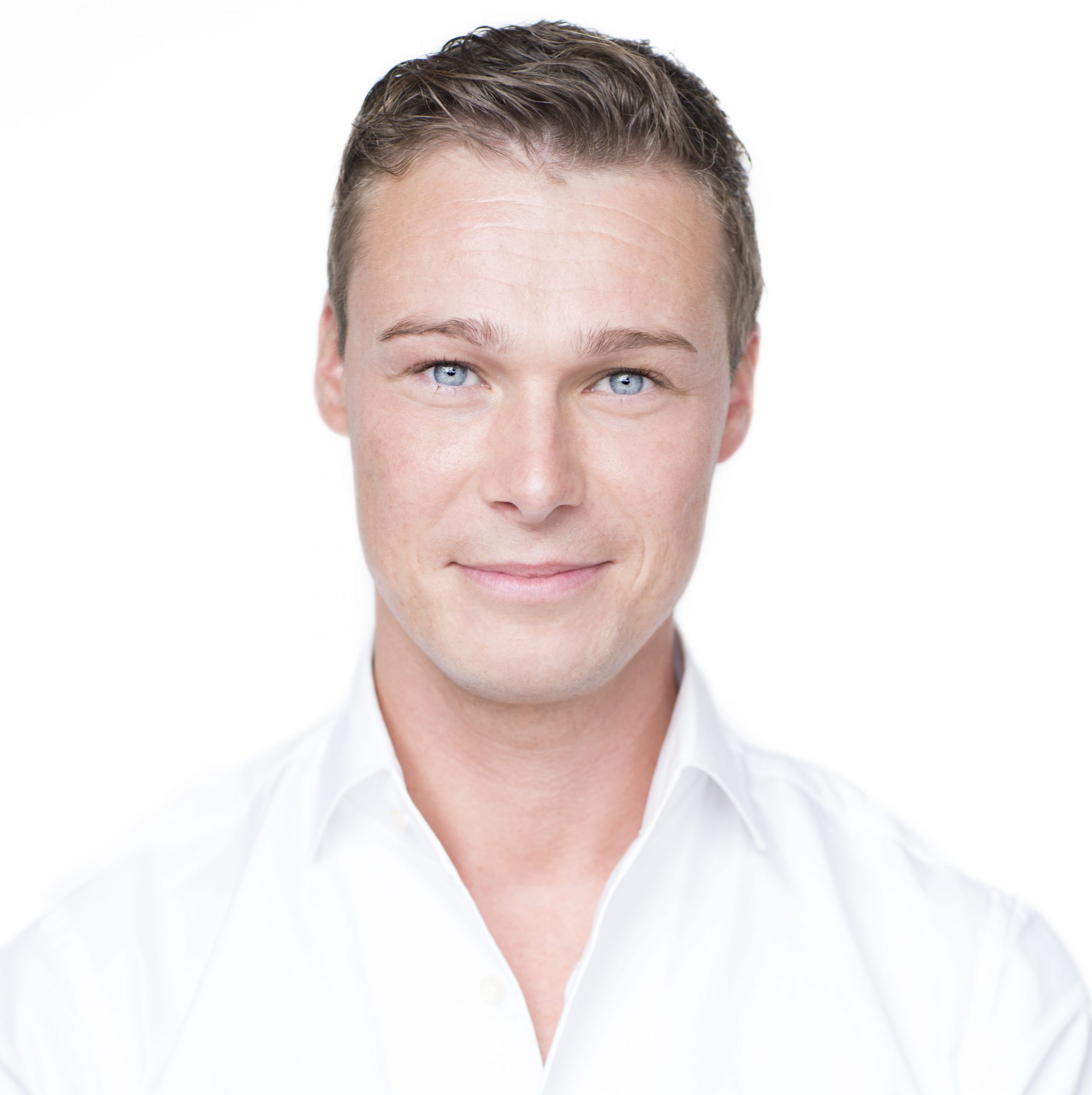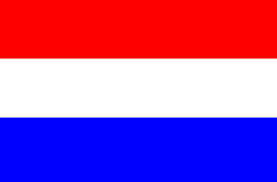What
Expertise in stimulating and organising interdisciplinary knowledge sharing in and between people and teams. Key added value in a thorough academic base with adequate practical expertise and context. Covering a broad range of educational and psycho-sociological knowledge and experience with a focus on knowledge sharing, professional/personal development, learning organisations, and vocational education.
How
Approaching teams and organisations as social contexts with related, yet individual actors. Grounded in research and expertise. Supporting professionals in their development by providing them with content, context and skills in order to help them taking steps within a larger dynamic environment. And helping teams and organisations to scaffold interaction and development among their members.
Who
Maarten van Houten is a Dutch educationist and social scientist. Schooled and skilled in Utrecht, Amsterdam, Leiden, Glasgow and Valencia. Fascinated by social constructions, patterns and structures, and social theory, he holds a social-constructivist worldview and searches for connections and backgrounds that scaffold everyday life.
Read on below.
What
Due to a diverse background in social sciences, educational sciences and practice, Maarten has developed a theoretical and structured background with an eye for practical application and details. In the past 15 years, he has worked as an educationalist, teacher, teacher educator and education coordinator in various organisations, and in secondary, vocational and higher education. After studying Interdisciplinary Social Sciences, Educational Sciences/Learning in Professional Contexts, and Teaching Social Studies, he completed his research doctorate at the University of Glasgow focussing on knowledge sharing, with special attention to tacit knowledge and dynamics between colleagues that (are supposed to) share knowledge. This background forms a strong base for thorough insight in social contexts and an adequate approach to provide solutions and support. T
In 2022, building on this background, a new research project was initiated, combining various studies in a doctoral project in collaboration with the Open Universiteit in The Netherlands. Worldwide, and especially in industrialised countries and those with intensive agriculture, the prevalence of Parkinson´s Disease is increasing rapidly. Research and treatments have long focussed on physical conditions and treatment, while the disease also causes many psychosocial challenges. Many patients, however, tend to isolate themselves, trying to invent the wheel, and searching for information, tips and tricks, and support. This project aims at studying the role that support groups can play in this context, with the underlying goal to develop a grounded, evidence-supported intervention in which patients can interact, share knowledge and expertise, and support one another in this difficult journey.
Looking for Advise or coaching with project or research such as for instance papers, projects or thesis, research and consultancy, or job assignments? Please don´t hesitate to get in touch.
How
An interdisciplinary approach. Theoretically, because a more holistic and critical stance allows for better understanding and insights. Practically, because it creates a shared playing field, more adequate solutions and an environment that is inclusive, open and adaptive.
Building on the added value of collaboration and exchange. Groups provide interdisciplinarity and diversity of knowledge, skills and expertise. Collaboration and team work, however, depend on various conditions: individual, organisational ánd interpersonal. Organisations and teams aren’t anything themselves but individuals with certain relationships. If individuals and groups want to benefit from one another, they have to work on these relationships.


Reasoning from an analytical and evidential base, yet involving tacit knowledge and individual experience. Analysis and critically approaching a context render insights, but people always reason from certain assumptions and backgrounds – science and analysis themselves are not completely objective either. It is important to be aware of the lens and framework you use in your life and work, because your own attitude influences your conclusions and results. This personal context may be unclear, and not concrete, yet a valuable source of information. Your experience and skills contain a lot of knowledge in itself, and examination of your experience, knowledge and attitudes add to the analysis of broader context and to adequate behaviour.
“From the start, Maarten has contributed constructively to designing the study and creating a project and structure. We discussed the accompanying literature and setup beforehand and then I conducted the research and wrote my report. Maarten assists you as you would expect from an enthusiastic supervisor.”
Herman Lammerts van Bueren, LLM MSc RC – international Executive Master of Finance and Control, Maastricht University
Who
“I grew up in Utrecht, in a young urban neighbourhood with school, friends, parks and forests, shops and activities nearby. My parents, environment and days were well structured, also later on in our blended families. Because of the presence of people with various backgrounds and cultures, all kinds of activities and opportunities, and a pleasant combination of city life and nature, I became familiar with the similarities and contrasts that constitute the variety and opportunities our life has to offer us.
This background has shaped me as a curious person, interested in ‘how things are and function’. I like it when there is structure and clarity, but do not simply assume things as they appear. Moreover, I have an eye for detail and am pragmatic and thoughtful. Due to the variety of experiences and situations, and my inquisitive attitude, I have learned to participate in various kinds of (social) contexts.
This rich environment also underpins my social-constructivist view on society and people. Constructivist, because I believe that individuals construct the reality they participate in, and that meaning is constructed by individuals. And social, because most of our time is spend in the presence of significant others (such as family and friends), so our doings are likely to be socially situated and influenced. Think about, for example, how people close to you influence your thinking and doing, how society and individuals reflect each other’s values and habits, and how people themselves combined with media and fake or real news seem to create very different realities within one world.

As a coordinator of a large team and department, responsible for many aspects of both work and learning environments, I worked in close interaction with many colleagues and teams, and through all layers of the organisation. Coordinating daily operations of a department of nearly a thousand employees and students required taking initiative and providing solutions quickly. This is something that asks for analytical and problem solving abilities. Because I also was a teacher alongside this, I learned to prioritise work and to meet deadlines both regarding my own work as a teacher, as well as regarding organisational and team matters. These skills were indispensable when, at a certain point, I combined the tasks just described with a second job in higher education. I enjoyed this combination very much because of the symbiosis between the two sectors. In both institutions, I have worked with groups as well as individual students. Alongside these jobs, I have been (and still am) teaching and supporting higher education students as a freelancer. Responding to individual situations and needs and to alternate between themes and activities, and groups and individuals has become natural.
I consider myself to be structured, sensitive and pragmatic; others describe my style and behaviour often as being social, detailed and well thought through. If you’d ask other people, they may tell you that I can listen attentively, think along with you while offering other points of view, and be supportive, accompanied by a (sometimes odd) sense of humor.”
Writings
Mahmutovic, A., & Houten, M. M. van. Jongeren met gedragsproblemen. Een duwtje in de rug. (2024)
Professional Tacit Knowledge Sharing in Practice. Agency, Boundaries, and Commitment (2023) Open Access
Interpersonal issues in knowledge sharing: the impact of professional discretion in knowledge sharing and learning communities (2023) Open Access
Anders dan ‘Doctor’ of ‘PhD’. Waarom het Professional Doctorate in Nederland niet het academische professional doctorate in het Verenigd Koninkrijk is (2021) Open Access
Critical Reflection as a Concept and Technique of Behavioural Change (2021) Open Access
Intercollegial sharing of professional tacit knowledge and expertise within education [Doctoral Dissertation] (2020)
Individual development in a neoliberal context: Climbing to a ‘glass ceiling’? A plea for liberal pedagogy in upper secondary vocational education (2020) Open Access
Vocational education and the binary higher education system in the Netherlands: higher education symbiosis or vocational education dichotomy? (2018) (Free copy here)
Self-efficacy en de begeleidende docent: bouwen aan vertrouwen (2013)
With Janneke Buisman (2016). Objectief en Ondersteunend Beoordelen.
With Marja Willems (2014). Effectief leren in teams. Condities en voorwaarden voor kennisproductie.
With Hennie Boeije (2009). Learning computer-assisted qualitative data-analysis: analysing students’ experiences. Proceedings for the 2nd International Workshop on computer-aided qualitative research 2009, Utrecht, The Netherlands.
Short bio

“My expertise lies in stimulating and organising interdisciplinary knowledge sharing in and between teams and organisations. You can contact me for advise, coaching and research. Key difference and added value lie in a thorough academic base with adequate practical expertise and context. That makes my analysis, approach and support evidence based and relevant to your specific context.”
Doctor, Health Psychology, Open Universiteit, 2022-currently. Researching contexts and interventions of social exchange for people with Parkinson´s Disease. View university profile.
Doctor, Education, University of Glasgow, 2015-2020. Dissertation on intercollegial sharing of professional knowledge and expertise.
MA, Leiden University, 2012. MA in Teaching Social Studies including teaching qualification, Cum laude.
MSc, Leiden University, 2010. Education and Child Studies: Learning in Professional Contexts.
BSc, Utrecht University, 2006-2009. Interdisciplinary Social Sciences.
Minor, University of Amsterdam, 2008. Human Geography.
Leiden University. Slavic Languages & Cultures / Russian. Various courses.
Some contexts where I developed and share my expertise are Utrecht University (teaching, research), Amsterdam University of Applied Sciences (lecturing, thesis supervision), University of Glasgow (research, writing), and ROC van Amsterdam (collaboration and team learning, management and coordination, curricula, and education policy) and University College Dublin (teaching research methods).
Reviewer for various journals such as Pedagogy, Culture and Society and Educational Research Review
Founding Fellow of the Chartered College of Teaching (FCCT), London, UK
Fellow of former The College of Teachers (FCollT), London, UK
Fellow of the Royal Society for the Encouragement of Arts, Manufactures and Commerce (FRSA), London, UK
First degree teaching qualification (The Netherlands) and Qualified Teacher Status (QTS), National College for Teaching & Leadership / Department for Education and Teaching Regulation Agency (UK), no. 1535494
Contact
Contact me at any time via contact@maartenmatheusvanhouten.com or LinkedIn.


